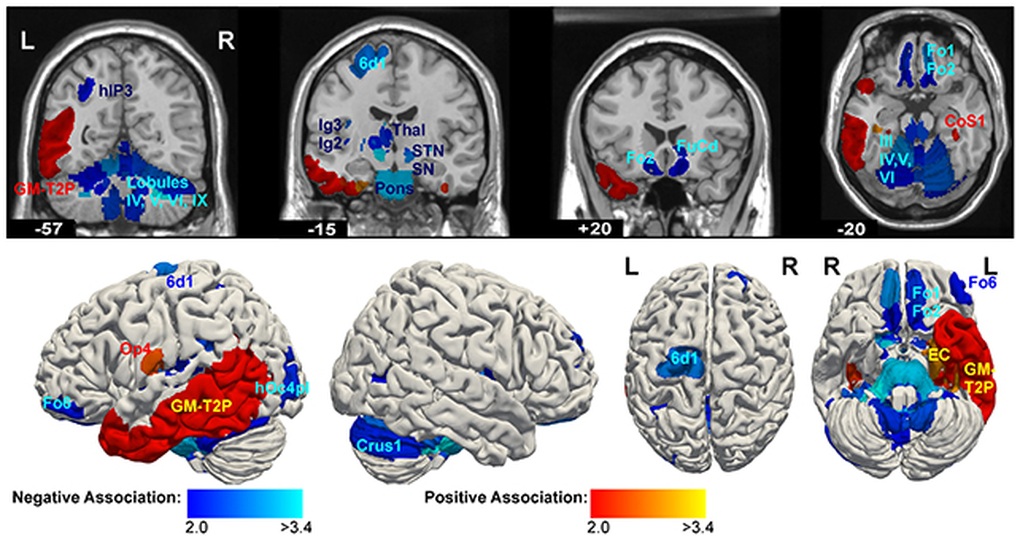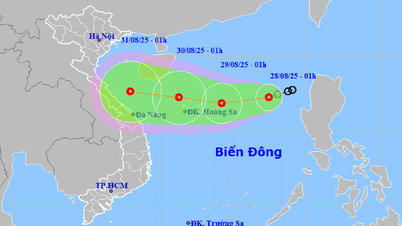
A groundbreaking study has revealed that people with personality disorders have a distinctive brain structure that is distinctly different from that of the general population. The discovery is expected to open up new directions in understanding and treating this complex condition.
The study was conducted by scientists at the Jülich Research Center and RWTH Aachen University in Germany. The team compared brain scans of men diagnosed with mental illness with a control group of men who did not have the illness.
“Mental illness is one of the strongest risk factors for severe and persistent violence,” the researchers stressed in the published paper.
To clarify the neurological basis of this, the team examined 39 male subjects with and without psychosis, using structural magnetic resonance imaging (MRI) and the Psychopathy Checklist-Review (PCL-R).
The PCL-R is an assessment tool that combines interviews, professional assessments, and formal records, producing three scores: an overall score, a factor 1 score (measuring interpersonal and emotional characteristics), and a factor 2 score (measuring impulsive and antisocial behavior).
The analysis showed that brain structure corresponding to a coefficient score of 1 had only small differences. However, when considering a coefficient score of 2, the researchers found significant declines in certain brain regions in high scorers.

The affected brain regions were identified as playing important roles in controlling involuntary actions, emotional processing, interpretation of sensory information, motivation, and decision making.
In other words, these functions are key factors that shape how we respond to our surroundings.
Notably, the brains of psychopaths were found to be on average 1.45% smaller than those of controls. Although difficult to interpret precisely, this may suggest developmental problems in people classified as psychopaths.
This was a relatively small study, so more extensive research is needed to fill in the gaps. However, the initial results suggest that antisocial and impulsive behavior in people with psychopathic traits may be heavily influenced by the neurotic traits they possess.
Scientists also recommend that further studies look at other possible reasons for these brain structure differences, such as drug abuse or traumatic experiences, to help more clearly establish a causal relationship.
“In summary, these findings are consistent with the multidimensionality of PCL-R structure and show a particularly strong association between antisocial behavior and smaller volumes in widespread subcortical regions,” the researchers concluded.
Although the degree of psychopathy can vary from person to person, it often results in chronic acts of aggression, violence, lack of empathy, manipulative behavior, and a tendency to be impulsive and reckless despite danger.
With a deeper understanding of this condition and the unique features of people's brains, we may be able to identify more effective treatments in the future.
Source: https://dantri.com.vn/khoa-hoc/nghien-cuu-tiet-lo-diem-chung-trong-nao-cua-nguoi-mac-chung-thai-nhan-cach-20250704010927662.htm





![[Photo] Images of the State-level preliminary rehearsal of the military parade at Ba Dinh Square](https://vphoto.vietnam.vn/thumb/1200x675/vietnam/resource/IMAGE/2025/8/27/807e4479c81f408ca16b916ba381b667)


![[Photo] Parade blocks pass through Hang Khay-Trang Tien during the preliminary rehearsal](https://vphoto.vietnam.vn/thumb/1200x675/vietnam/resource/IMAGE/2025/8/27/456962fff72d40269327ac1d01426969)




























































































Comment (0)